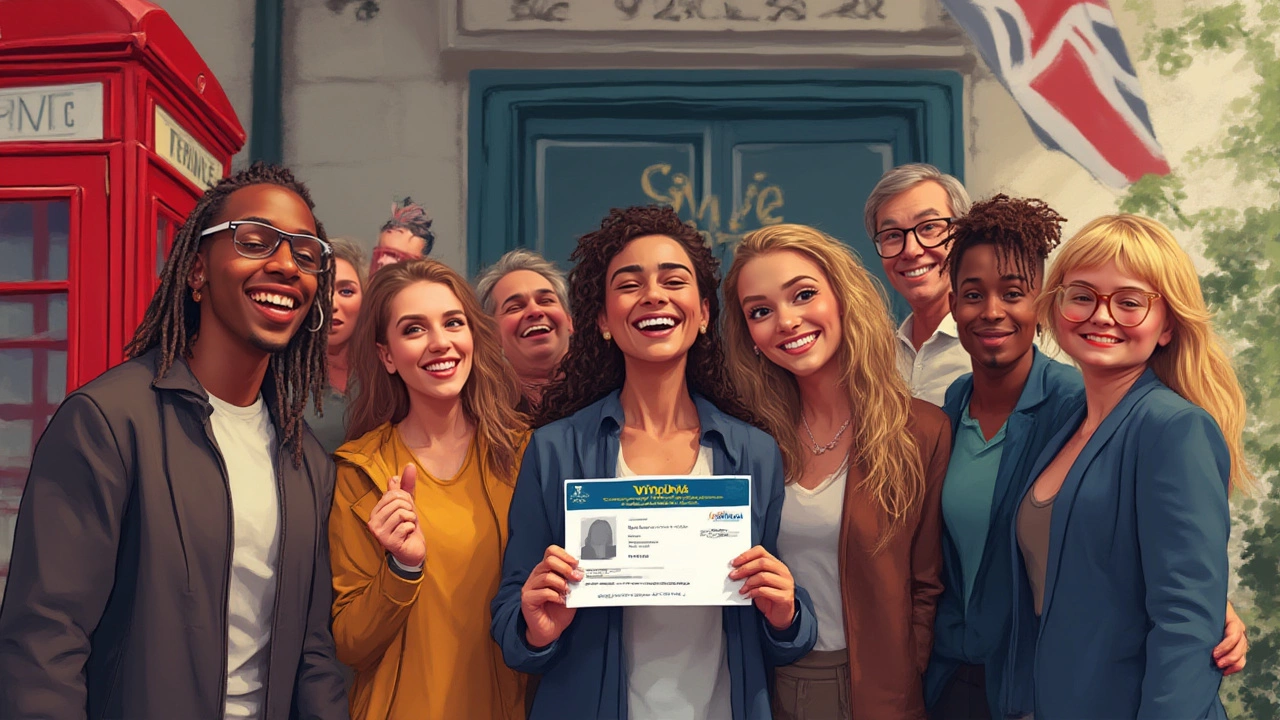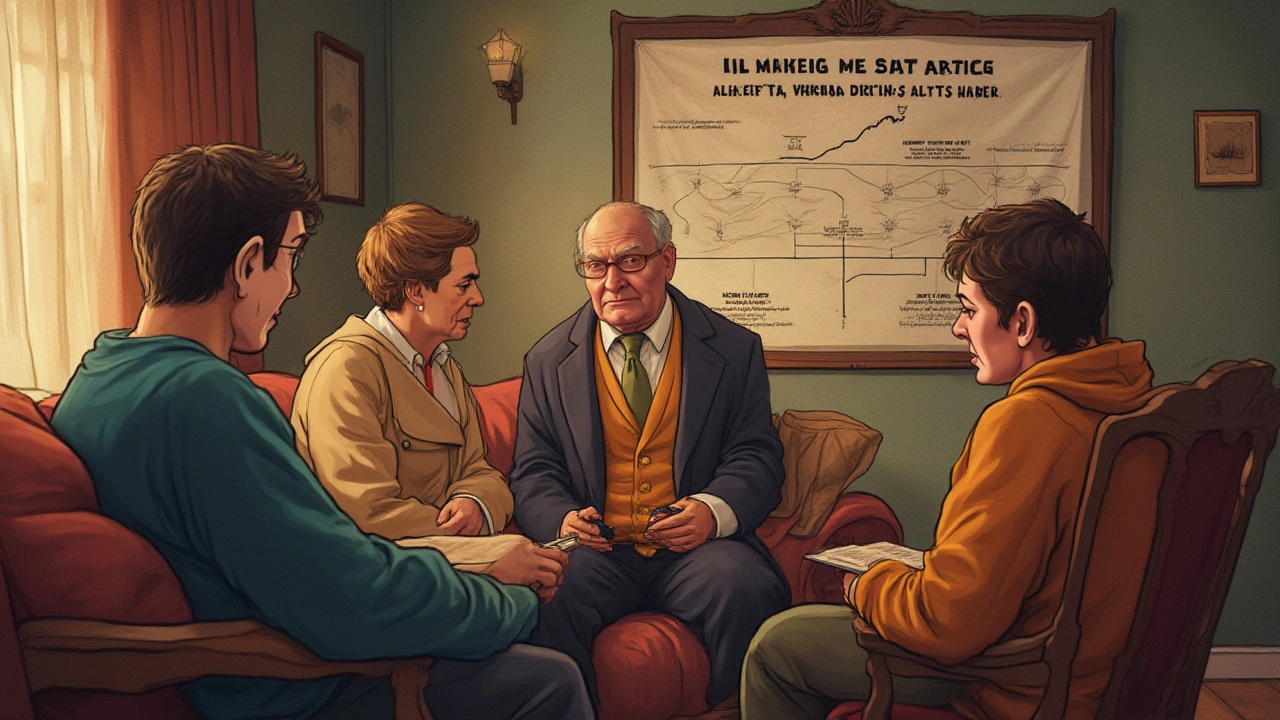Picturing yourself freezing up at a stop sign with the examiner staring at you? The thought of failing a driving test in Virginia isn’t just nerve-wracking—it can feel like the whole world is judging your every move. You check your mirrors, signal, and check again, but the pressure only builds each time you try and don’t pass. While plenty of people walk out with that passing slip on the first try, even more people stumble—sometimes more than once. So what actually happens if you fail the Virginia drivers test? Is there a limit to how many second chances you get? And does the DMV start putting your face on a wall after your third attempt?
Understanding Virginia’s Driving Test Failures and Retakes
Here’s the cold, hard fact: Virginia doesn’t put a hard cap on the number of times you can take the road test. You could technically fail five, ten, or even twenty times, and you’d still be allowed to try again. The main rule is this: you have to wait a certain amount of time between attempts. If you fail the road test, you must wait at least two days (48 hours) before you can try again. Many people assume three strikes and they’re out, but that’s not how it works in Virginia. The Department of Motor Vehicles isn’t out to humiliate you—they want you to be safe and ready.
The real challenge, though, comes if you rack up those failures. If you fail the road test three times, Virginia law says you’ll need to complete and pass a behind-the-wheel driver training course before trying again. This isn’t just a formality. You’ll be paying for professional instruction and proving to an instructor you’re road-ready. If you’ve got a learner’s permit and you’re under 18, you likely already did a course through your high school or a driving school, but adults who keep failing will have to shell out for this after that third strike.
This policy doesn’t exist just to get more money out of you. It really helps, especially for folks who keep struggling with parallel parking or panic at left turns. A driving instructor can point out habits or mistakes you don’t even notice. You’ll probably hear stories of people who failed four or five times and only passed after that extra instruction. In Virginia, as long as you’re willing to learn and pay the fees, you can keep going until that pass slip is yours.
Here’s a table to show how Virginia stacks up against a few other states if you’re curious about how forgiving each jurisdiction is:
| State | Time Between Tests | Special Requirement After Multiple Fails |
|---|---|---|
| Virginia | 2 days | After 3 fails: must complete behind-the-wheel course |
| California | 14 days for the first retest | After 3 fails: must submit new application |
| New York | Varies, but typically can reschedule after 1 day | Unlimited tests (must pay each time) |
| Texas | No required wait | After 3 fails: must submit new application and fees |
So the pressure isn’t coming from the number of attempts—they’re giving you all the shots you want. The stress comes from having to pay more (and possibly take classes) if you keep missing that passing mark.

Reasons People Fail and the Best Ways to Avoid Repeating Mistakes
If you ask any seasoned examiner in Virginia, the reasons people fail are surprisingly consistent. It’s not usually backing out of a parking spot into traffic (though, yes, someone has done that). People typically mess up in small, repeated ways: failing to use a turn signal, not checking blind spots, rolling through stop signs, or driving too slow because they’re nervous. Most instructors say nerves are the single biggest killer—a shaky left hand, sweaty palms, and overthinking every move. Some applicants just forget to turn into the nearest lane, which is one of the top automatic fails the DMV sees every day.
Here’s what you can do to seriously boost your chances:
- Practice with different people—not just your parents or roommates. Get a friend who’s already passed to act as your "mean test examiner."
- Mix up your routes. Don’t just drive near your house. Practice in neighborhoods and around shopping centers so nothing surprises you during the test.
- Obey the speed limit, but don’t drive like you’re in a parade—going too slow can hurt you!
- If you mess up on the test, mentally hit “reset” and focus on the next task. One mistake won’t always mean you fail, but panicking can snowball into more mistakes.
- Master parallel parking. Even if your city isn’t filled with tight spaces, the examiner will almost always test this. Virginia loves this move—it shows control, awareness, and calmness.
- Ask the examiner to repeat instructions if you didn’t hear them. You won’t get docked points for clarifying.
- Don’t be afraid to narrate what you’re doing. Saying, “I’m checking my blind spot and turning on my signal,” helps the examiner know you’re thinking about safety, even if they don’t reply.
- Dress comfortably and arrive early. Rushing in late will only jack up your stress.
People often think the examiner is rooting for them to fail, but they aren’t. They’re looking for safe drivers, not perfection. There was a famous case back in 2021 at a DMV in Richmond where one applicant passed after failing nine times—he’d become a local legend by then, with staff betting when he’d finally do it. It just took a little extra help and a calm day to get him over the line.
Another tip: don’t be afraid to spend money for extra behind-the-wheel lessons before (not just after) you fail three times. Many driving schools in Virginia offer one-off lessons specifically to prep you for the DMV road test. Interviewers from local driving schools have confirmed that more than half their clients are people who failed once or twice and realized they needed a bit of professional guidance. In some cases, it’s just a matter of someone pointing out that you signal a second too late or brake too abruptly.

What To Expect If You Keep Failing—and How to Get Through It
Let’s say the worst has happened: you’ve failed three times. Virginia is going to ask you to fork over the money and take the behind-the-wheel class, even if you cringe at the idea. Don’t look at this as punishment. These courses, usually 7 to 14 in-car sessions, are built to drill safe habits into your muscle memory. Instructors will actually drive the DMV route with you, point out common trouble spots, and rehearse all the bits people usually flub, like merging into traffic.
There’s a silver lining here. Your odds get much higher after that required instruction. According to data released by Virginia’s DMV in 2023, roughly 78% of applicants who failed three times and then took the state-mandated course passed on their next try. Compare that to only 45% of those going for their second or third attempt with no extra instruction. Those are real increases in the likelihood of success—and a good reminder not to avoid the extra practice just to “save” money. It's a good investment in your independence and future insurance discounts anyway.
But you might wonder, does failing multiple times make it harder in the long run? Not really. Insurance companies in Virginia do not have access to your test attempts—just your record once you get your license. Employers won’t care, either. When you finally pass, it won’t say anything on your certificate about how many shots it took. The only real con is the extra time and money lost, plus a few groans from whoever’s giving you rides to the DMV yet again. But the system is set up to keep you moving forward, not to trap you in a loop of defeat.
At the end of the saga, you’ll realize most people walking around with a Virginia license have their own story—some embarrassing, some funny, some inspiring. They all made it. The important part is that no matter how many times you’ve failed, as long as you stick with it, the process is designed so you’ll eventually pass. Take breaks if you need to, get help after the third try, and remember that your test result is just temporary, but your new driving freedom is for life.

